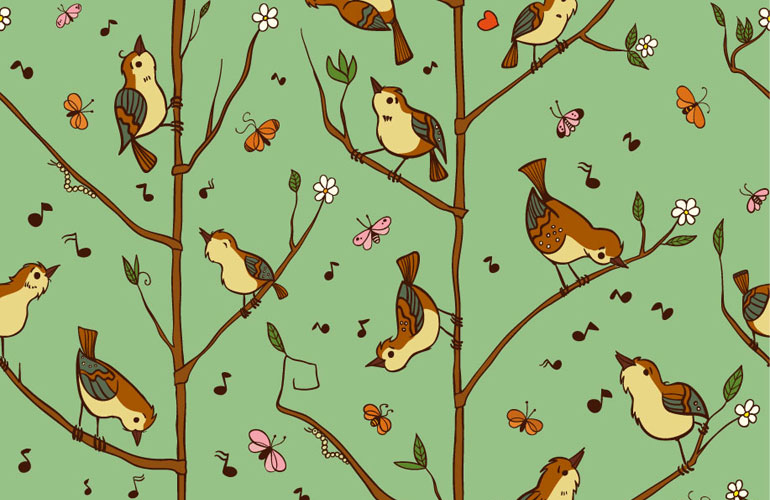“Mom, Mom,” Emma chants as we ease onto the interstate, leaving the city behind. I glance at her, and she slips into the language that comes most naturally to her, American Sign. “Do you want a song?” she signs, head tipped. I nod and she grins, turning up the radio.
The music that fills our van is her backdrop. Emma lowers her chin to her chest and closes her eyes, pausing for effect. She is a composer. She is Beethoven, 10 years old and beautiful. Tiny hands rise outward as her face lifts and her eyes open. The transformation from child to artist is complete. Her voice completes the metamorphosis, surrounding me.
I met my daughter in a steamy orphanage room on the other side of the world. She was eight years old. She sat with her hands in her lap, her dark eyes dancing with confusion and excitement. The staff at the orphanage had shown her pictures of her new family, and had tried to explain her upcoming adoption. But because Emma was deaf and had not been taught sign language, communication with her was limited to pantomime and gestures. Lack of a first language isolated her and made it impossible to understand what was transpiring.
A nanny directed Emma’s attention toward me and my son, Daniel. We smiled awkwardly and shared dragon fruit while my husband completed paperwork. Emma studied Daniel, and I took out my camera, prodding them to pose. Minutes later, Emma took Daniel’s outstretched hand and followed her new parents out through the orphanage gates, walking away from everything and everyone she’d ever known.
Emma mimicked signs quickly but “tree” was the first word she truly understood. The moment we left the orphanage, we began pointing things out and signing to her. At first, she just nodded and copied our movements. Then, during a tour of the Chinese countryside, Daniel pointed at a tree and signed “tree.” A spark flickered in her eyes. “Tree,” she repeated, pointing and signing, and smiling. She searched my face for confirmation, and I nodded. The floodgate opened.
Back at home, my laptop and its constant access to an online ASL dictionary became necessities. Emma wanted to know the sign for everything. I became both mother and interpreter. She needed to understand and communicate. Our daily outings were filled with Emma dragging me from person to person, prodding me to be her voice. “My name is Emma. I came here on an airplane from China.” “Wow! Love those earrings.” “Good job catching speeders, Officer.”
I balked more than once. A lifelong introvert, I wasn’t open to the idea of chatting with strangers in the checkout line. Emma would sign “Please” and I’d cave. She had so much to say. She’d waited so long.
Cochlear implants came next. Suddenly Emma could hear, and her world filled with sounds she didn’t understand. “What’s that?” she’d sign, and I’d identify the sounds for her. Therapy and practice, followed by more of the same. Months passed before she no longer needed to ask. Finally the words came: “Mom,” “Dad,” and the long-awaited, “I love you.” The first time she was able to say “Thank you” to a store clerk, she beamed like an Olympian. Emma still has a way to go—more words, longer sentences—but her progress has been phenomenal. She has brought tears to the eyes of the speech therapists who have made such a profound impact on her life. The doctors didn’t have much hope for success, because she’d gone so long without a first language. She is our little miracle.
In glorious pantomime, sign, and voice, Emma sings the song of her life to me as we make our way home at the end of the day. Her song is about everything from her favorite food to her life in China to how much she missed me when she was at school today. It is a privilege to be this child’s mother and experience the magic of Emma’s song.



